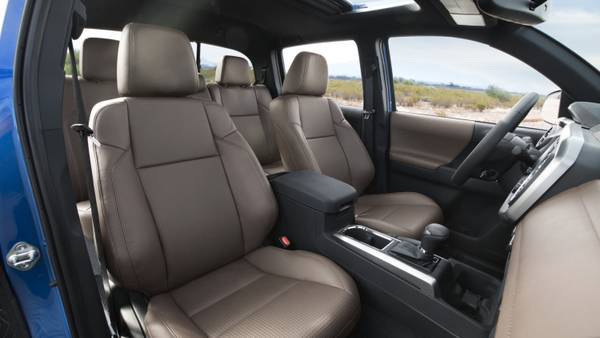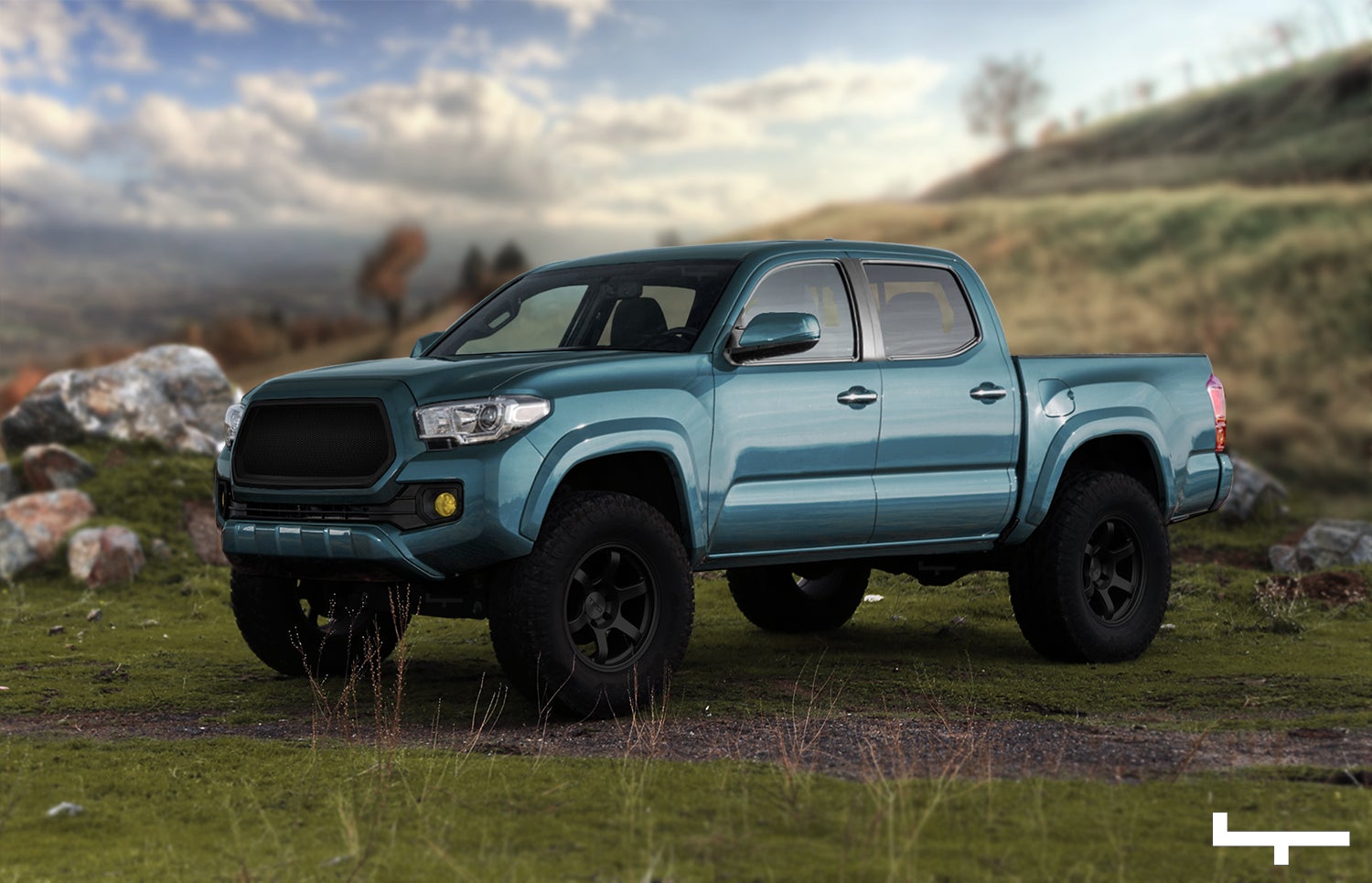DVexile
Adventurer
Weight = lighter frame, lighter bumpers, lighter (i.e. softer) rear springs, etc. = less durability. So you swap out the bumpers, box and reinforce the frame to support the bumpers (and heavy stuff we bolt to them), put on heavier springs to support all the stuff in the bed.
Drivetrain efficiency = lighter components, either lower output or more complicated engines, smaller lower rolling resistance tires etc. = light stuff breaks, complicated engines are harder to fix in the middle of nowhere, low output ones can't hual the load, the OEM tires suck so we replace them.
Mostly agree with everything you've said, though you left out the one of the biggest trade-offs of all - cost. They need to make a truck that will be competitive in the market place. Many of the trade-offs you've outlined above can be improved with the addition of more money. You can make a very efficient, strong and reliable drive train but it will cost you. There are many things that are as strong as but much lighter than steel, but they also cost a whole heck of a lot more than steel.
Consider suspensions, we can spend a lot on a suspension that will greatly improve ride and capability but it will just cost a lot more. The only reason the OEM didn't do this is cost.
Consider after market bumpers, we can put aluminum front and rear bumpers on that weigh just a little more than stock but a whole lot less than the steel versions with 75% of the strength but nearly double the cost.
So really money is often the third variable in all of these trade-offs. One reason we often modify quite a bit from stock, for expedition vehicles there is the desire to trade more performance for more money. Certainly in some cases the trade also effects fuel efficiency, but again even in many of those cases for the exchange of even more money you can retain the fuel efficiency (e.g. aluminum or CF vs. steel).
Lastly, I honestly do not buy the "less reliable engine" or "harder to work on in the field engine" trade off. Anything made within the past twenty years is EFI and totally dependent on an ECU to do anything. And these modern efficient engines are vastly more reliable than the gas guzzlers of the past, both on road and off road. Incremental improvements to MPG by using variable valve timing, direct injection, etc. etc. etc. is essentially a "free lunch" of improved efficiency and reliability at the same time. I've never seen someone do a top end overhaul on the trail after all
I completely agree though, it is a truck, and given it is going to be weighed down and modified quite a bit for off road use with a heavy load my buying decision is not going to be swayed by 20 vs 22 mpg highway!





